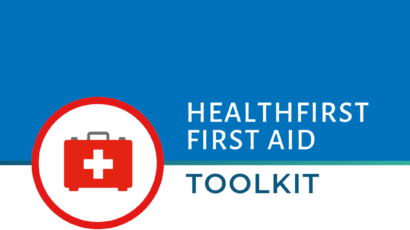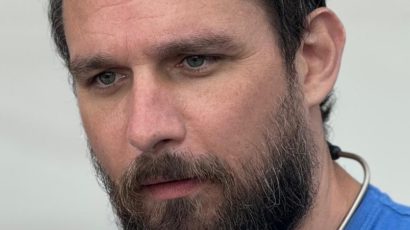The rollercoaster of adolescence: how can I tell if my teen is struggling?
There are so many things that our young people have on their mind these days; reasons why they might struggle with their mental health. But perhaps one of biggest stressors adolescents face is adolescence itself! Can you remember the rollercoaster of yours?
So much is going on for our young people during these formative years. There are changes in physical development, the main one being puberty itself – the development of secondary sex characteristics, starting periods, changes in height, weight, and appearance. All these impact body image and self-esteem. And then psychological and cognitive development – the development of abstract thinking and advanced reasoning. The development of knowledge, skills, and problem solving, which helps the young person understand the world around them and make sense of where they fit in. And of course, social development – the development of their personal identity and autonomy. Exploring and becoming comfortable with their sexuality. Forming important friendships and relationships and becoming independent from the family unit.
Recognition in their peer group becomes important – what others think about them. And accompanying all of this are big developmental changes going on in the teenage brain which is not fully mature until the mid-20s.
The good news is that most young people get through these changes and master any challenges without too many hitches. But if a young person is struggling with their mental health during this important time, their development can be affected. So, picking up the signs that they may be struggling and intervening early is key.
When does ‘normal’ adolescent behaviour become abnormal? When should we worry?
Reading teenagers is not always easy. It can be hard to determine what is normal adolescent behaviour and when we should be worried. To some extent, the unpredictable and sometimes erratic behaviour we see in young people may be explained by the important changes going on in the adolescent brain.
And it can be as hard for adults to recognise when a young person needs support as it can be for young people to speak up about the challenges they are facing. This is why it is important for anyone who spends time with adolescents to be on the lookout for some key symptoms and signs that may indicate they are struggling.
What are the signs?
The physical signs include difficulty sleeping and tiredness, or a change in appetite or eating behaviour. The young person may experience changes in their feelings which they share with us. Feeling sad all the time; feeling hopeless – struggling to see the positives in life, or feeling worthless, even wishing they did not exist. They may be anxious, irritable, or more angry than usual. Encouraging the teenagers in our lives to talk about their feelings is so important.
Signs that their thinking (their cognition) is impacted include poor concentration and attention span. Perhaps these changes are more likely to be noticed in school.
And the way a young person is thinking and feeling may have knock-on effects on their behaviour. If a teen starts getting into arguments or fights, or even getting into trouble with the authorities, this can be another indication that something else is going on. If a studious pupil starts to drop off in terms of their performance at school, or even starts truanting, then again, these are behaviours that should prompt us to reach out.
There are also some important ‘red flags’: symptoms and signs that could indicate something serious is happening and that a young person needs prompt specialist help. These include isolation and social withdrawal, severe anxiety that starts to impact their ability to function normally, persistent low mood or unhappiness, weight loss, restrictive eating, extreme aggression, substance misuse, self-harm or suicidal thoughts, distress about hearing or seeing things others do not, or expressing unusual or abnormal beliefs others do not share.
What are the next steps if I am concerned?
You know your child best. If you are worried or concerned, our message is to trust your instincts. Be on the lookout for changes and reach out and talk to them to explore things further. Remember, when a young person is struggling with their mental health, they often find it hard to ask for help. We can take the first step here and work together with them to get them the help they might need.
HealthFirst offers those caring for or working with young people, an online workshop, Supporting Young Minds.
To read more about the state of youth mental health, a new Unicef study has highlighted the state of youth mental health in Switzerland and Liechtenstein and the results are alarming.





